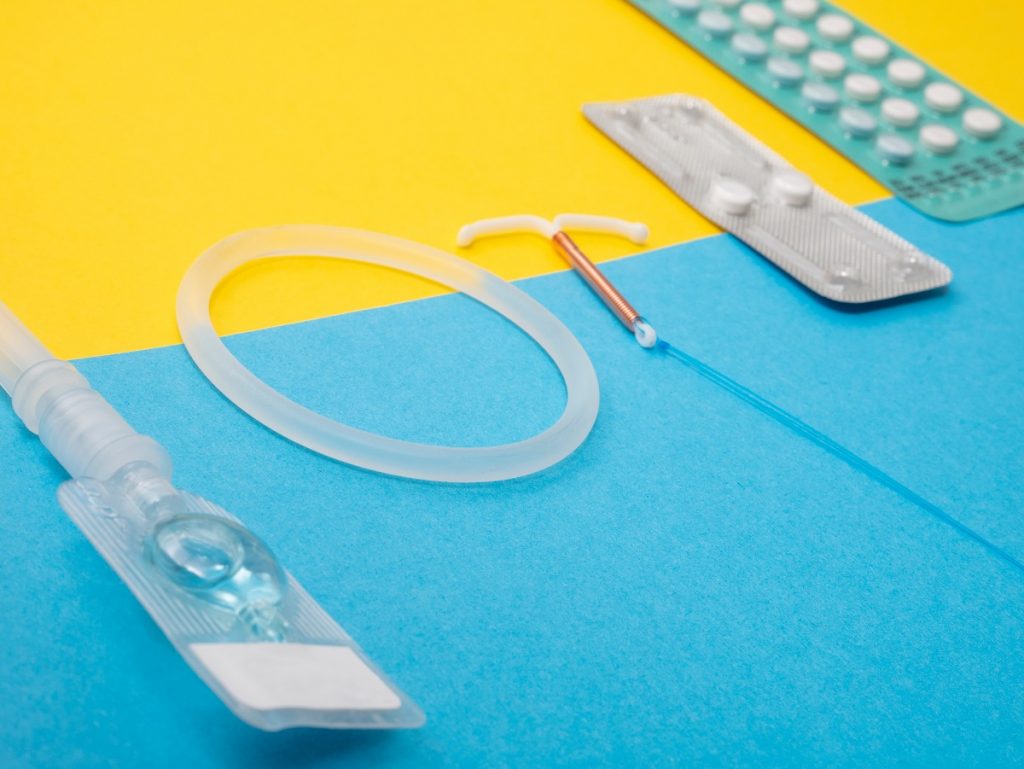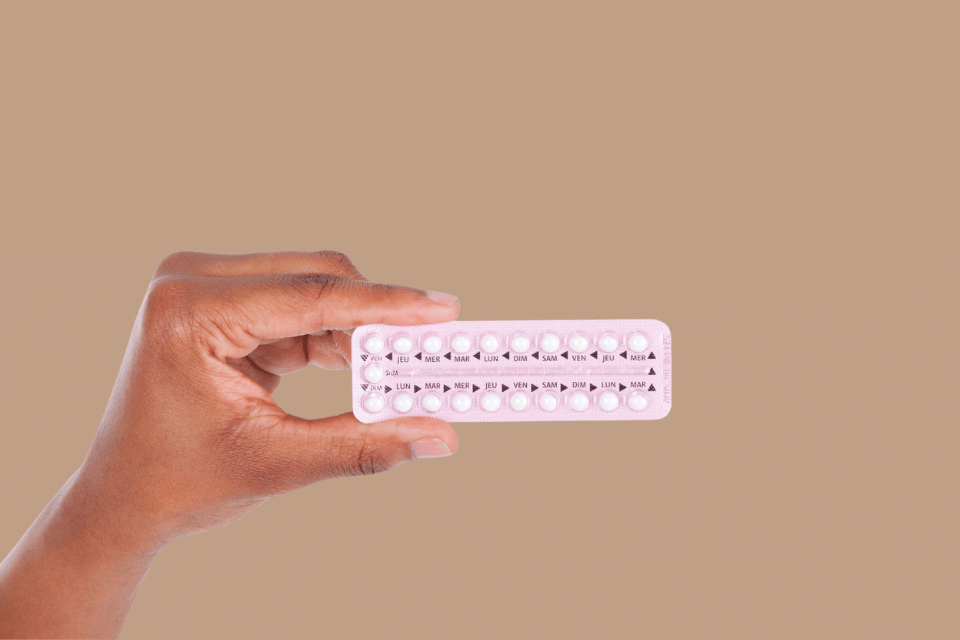Since 1996, abortions have been legal in South Africa for any woman at any age. Globally, abortions are considered an essential health service. While it’s not an easy decision to make, you should feel empowered in the rights and services offered for safe abortion in South Africa.
There are various reasons you might want to consider an abortion, from financial constraints, rape and what’s important for your own physical well being.
A woman is allowed to have an abortion within the first 12 weeks of pregnancy. From the 13th to 20th week of pregnancy, an abortion can be granted under a few conditions:
- The continued pregnancy poses a risk of injury to the woman’s physical or mental health.
- That there is a substantial risk that the foetus would suffer from a severe physical or mental abnormality.
- If the pregnancy resulted from rape or incest.
- If the continued pregnancy would significantly affect the social or economic circumstances of the woman.
From the 20th week onwards, a medical practitioner may grant an abortion under more conditions, if the pregnancy:
- Would endanger the woman’s life.
- Would result in a severe malformation of the foetus.
- Would pose a risk of injury to the foetus.
There are various types of abortions, from pills to surgical removals. Here, more on the procedures.
Medical Abortion
A medical abortion uses medication, in the form of pills or tablets. This takes place from four to nine weeks of pregnancy. These are given as two different medicines to end the pregnancy. The first pill, mifepristone, is taken at the clinic or hospital, while the second dose, four misoprostol pills, are taken between one and two days later at home. Mifepristone works to reduce the amount of progesterone in the body, a hormone without which, a pregnancy can’t be sustained. Misoprostol expels the foetus from the body.
Within four to six hours of ingestion, pain and bleeding will follow, along with termination of the pregnancy. The experience might feel similar to a miscarriage.
Surgical Abortions
Surgical abortions are performed by nurses from 12 weeks of pregnancy. A registered nurse administers a pill that softens the womb. After that, a procedure will be done. You can go home after a few hours, if all is deemed well. A woman might also receive pain medication to help with the side-effects of the procedure.
During a surgical abortion in South Africa, you might be put under sedation to ease discomfort and anxiety during the procedure. Unlike a general anaesthetic, which makes you sleep, this medication will keep you awake to communicate with your doctor.
Where can one access safe abortions?
A government clinic is able to administer abortions for free, but some healthcare practitioners prefer to not be part of the procedure. Talk to them and see where you can go to access this procedure safely. If a doctor is unable to assist you with an abortion, by law, they have to provide you with the details of a professional who can.
Women’s health clinics like Marie Stopes also offers safe abortions with a fee (around R800, depending on how far along you are), along with resources for you to take home. Marie Stopes also supports medical aid schemes. Abortion services are a prescribed minimum benefit, which means your medical aid should cover the procedure. But due to red tape, sometimes this is not the case.
If you’re unsure about your options, book a consultation with Zoie Health, where you can be advised on the best course of action for you.

